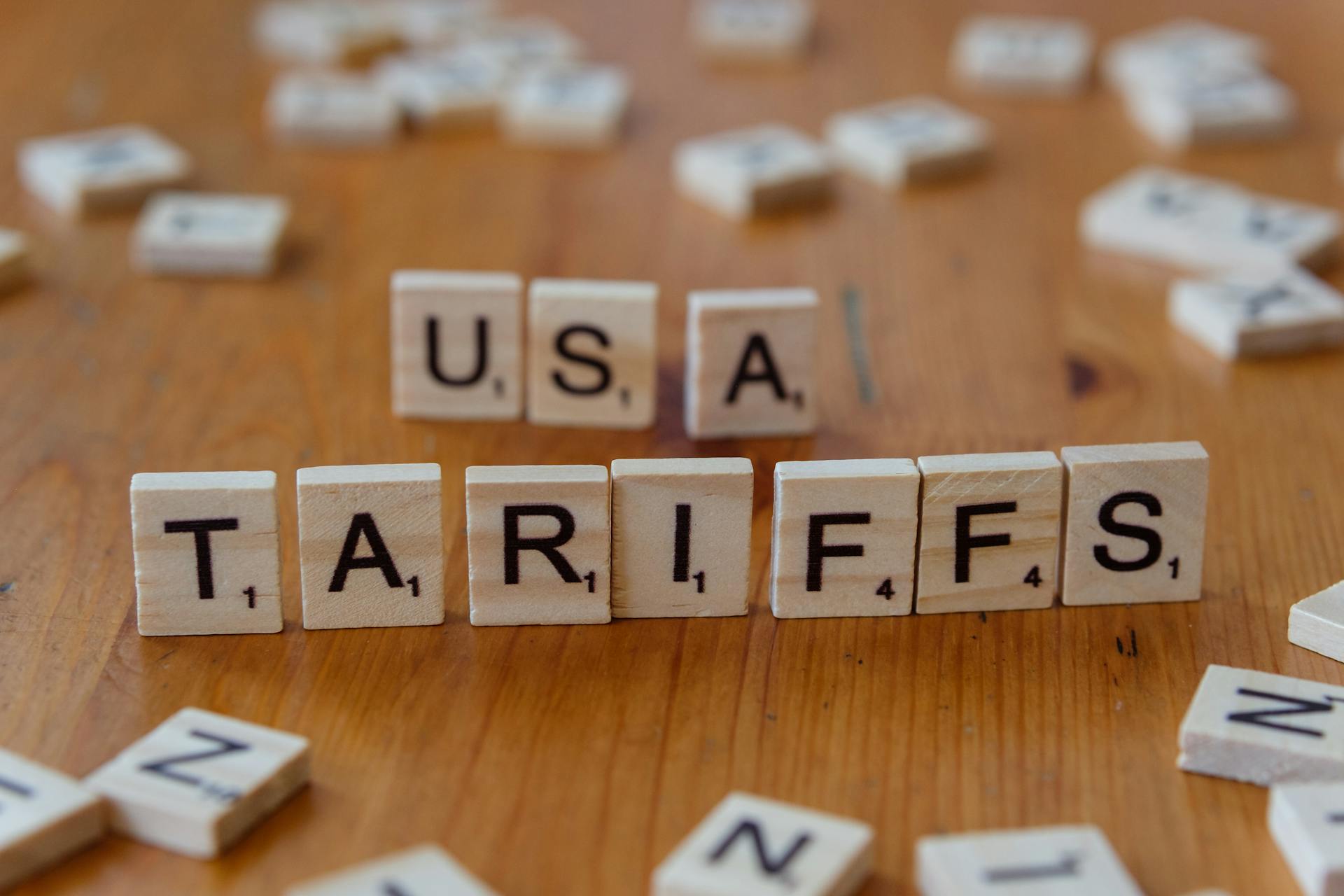
Trump-Era Tariff Concerns Spur Interest in I Bonds as Inflation Hedge
Amid renewed concerns over inflation linked to former President Donald Trump’s tariff policies, financial advisors report a growing interest in Series I bonds, which currently offer a 3.98% annual return through October 31. Investors concerned about rising prices are turning to Series I bonds, a government-backed asset tied to inflation.
The latest rate of 3.98% marks an increase from the previous 3.11% yield and remains in effect through October 31. The interest adjusts biannually based in part on the consumer price index.

USA tariffs | Source: Pexels
Certified financial planner Nathan Sebesta, of Access Wealth Strategies in Artesia, New Mexico, noted a “noticeable uptick” in client interest in I bonds and Treasury inflation-protected securities (TIPS). “While inflation has moderated, the memory of recent spikes is still fresh, and tariff talk reignites those concerns,” Sebesta said.
Financial advisor Dean Tsantes of VLP Financial Advisors in Virginia called I bonds a “sound strategy” for diversifying bond portfolios, though some investors are also weighing high-yield savings accounts, certificates of deposit (CDs), and Treasury bills, which currently offer returns above 4%.
As of May 7, top high-yield savings accounts yield around 4.23%, one-year CDs offer up to 4.78%, and Treasury bills remain competitive, depending on Federal Reserve actions.

A trading chart | Source: Pexels
I bonds consist of a fixed rate—currently 1.10%—and a variable rate—currently 2.86%. The fixed rate remains for the bond’s life, making it appealing to long-term investors, according to DepositAccounts.com founder Ken Tumin.
However, I bonds carry limitations. Investors cannot redeem them within the first year, and early redemptions within five years incur a three-month interest penalty. Purchases are capped at $10,000 annually per individual via TreasuryDirect, and interest is subject to federal income tax, either deferred or reported annually.
